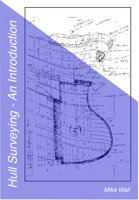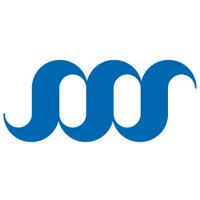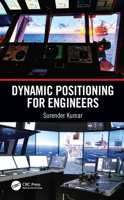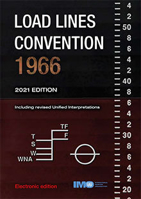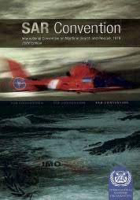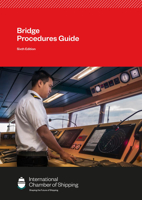E-books
Hull Surveying - An Introduction
£100.00
The book mainly relates to steel merchant vessels. Several types of material have also been covered which may be found on such vessels, together with GRP which is used in various other types of vessel.
MS SeaReader - Download
£0.00
To download the software, please use the Download Sample button.
Oil Tankers - A Pocket Safety Guide - 2022 Edition
£36.00 £40.00
This publication explores best practices on tankers carrying crude oil and petroleum products and provides a good introduction to safe tanker operations and standards. Suitable for seafarers who may be rejoining a tanker after leave, or for a person with little or no experience on tankers, this title contains basic safety information for seafarers of all ranks and positions.
Dynamic Positioning for Engineers
£84.99
Dynamic Positioning for Engineers enables the reader to acquire the basic knowledge of the concepts and understanding of the dynamic positioning (DP) system from the systems perspective.
KC701E e-reader: Load Lines Convention, 2021 Ed
£40.50 £45.00
KB955E e-reader: SAR Convention, 2006 Edition
£15.30 £17.00
ICS Bridge Procedures Guide 6th Edition, 2022
£153.00 £170.00
Tides
£36.99
A Primer for Deck Officers and Officer of the Watch Exams
KB116E e-reader: Maritime Security ISPS Code, 2021 Edition
£75.60 £84.00
Guía sobre protección marítima y Código PBIP; Guide pour la sûreté maritime et Code ISPS; دليل الأمن البحري والمدونة الدولية لأمن السفن والمرافق المينائية (ISPS مدونة )
OCIMF - Recommendations for Oil and Chemical Tanker Manifolds and Associated Equipment - First Edition 2017
£220.50 £245.00
This publication provides guidance relating to oil, chemical and dual classed oil/chemical tanker manifolds with the aim of improving compatibility with shore facilities. It will benefit personnel who work with oil and chemical tanker manifolds and associated equipment or who are engaged in designing, constructing or repairing ships.
OCIMF - Marine Terminal Operator Competence and Training Guide (MTOCT)
£121.50 £135.00
This OCIMF guide assists in the design of marine terminal operator training courses that achieve and maintain the highest practical standards of competence.




























